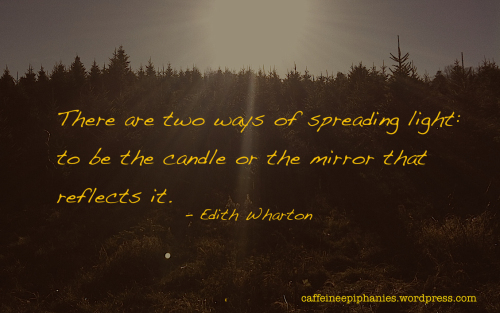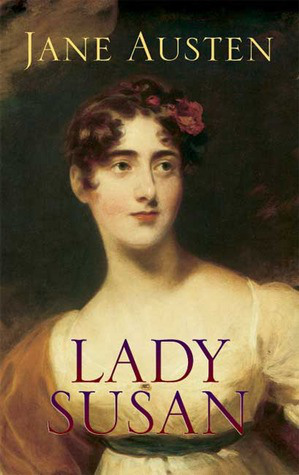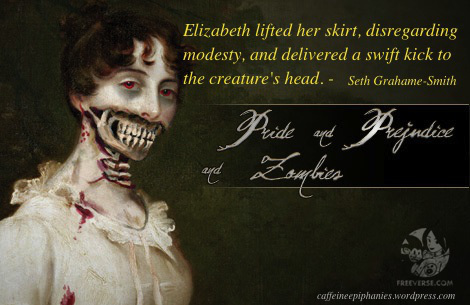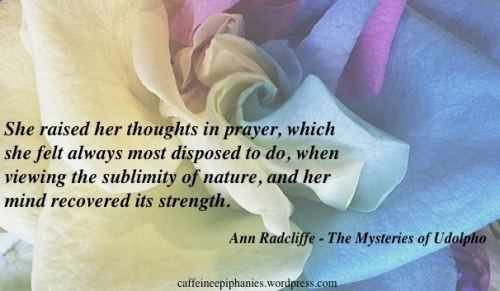Mary C.M. Phillips's Blog, page 18
December 25, 2014
Anne Bronte’s Music on Christmas Morning
Now holy Peace may smile from heaven,
And heavenly Truth from earth shall spring:
The captive’s galling bonds are riven,
For our Redeemer is our king;
And He that gave his blood for men
Will lead us home to God again.
- Excerpt from Music on Christmas Morning, Anne Bronte

December 22, 2014
There are two ways of spreading light…
Lady Susan and the Gift of Discernment
I’m writing over at the Dark Jane Austen Book Club today about Jane Austen’s Lady Susan, Elizabeth Bennet, and the gift of discernment.

December 12, 2014
All About Wharton: Thoughtful Beginnings on a “Lost” Americana
Lovely! Red Pickle Dish is a new blog devoted to authoress, Edith Wharton. The blogger at RPD is my good friend and fellow Wharton enthusiast, John Peter Tamburello. If you’re a fan a Edith Wharton, follow!
You won’t be disappointed.
Click below for post from Red Pickle Dish.
 Originally posted on Red Pickle Dish:
Originally posted on Red Pickle Dish:
So, I have finally hopped onto the blogging bandwagon.
I’ve been encouraged from a fellow friend, WordPress blogger, and Edith Wharton aficionado to create a blog dedicated to this most curious, ingenious woman of letters, whose fiction, mostly novels and novellas, and a largely under-appreciated and abundant collection of short stories, even ghost stories, have populated classroom syllabi and personal reading lists alike, for all lovers of classic fiction.
This past March, Mary and I co-hosted a lecture that addressed what makes Wharton “tic”, and her resonating, piercing observations of the influences of society on both public and private lives. Even though the superficiality of the New York social circles of her time has largely “disappeared,” one living in today’s society may be surprised with how relevant these Wharton-esque nuances are to our contemporary, celebrity-obsessed, materialistic, and digital postmodern world.
The point of this blog will be to “resurrect” Wharton’s ideas and scathing insight…
View original 83 more words

December 5, 2014
The Moon in Villette
High she rode, and calm and stainlessly she shone….with pencil-ray she wrote on heaven and on earth records for archives everlasting. She and those stars seemed to me at once the types and witnesses of truth all regnant. The night-sky lit her reign: like its slow-wheeling progress, advanced her victory-that onward movement which has been, and is, and will be from eternity to eternity. – Charlotte Brontë, Villette
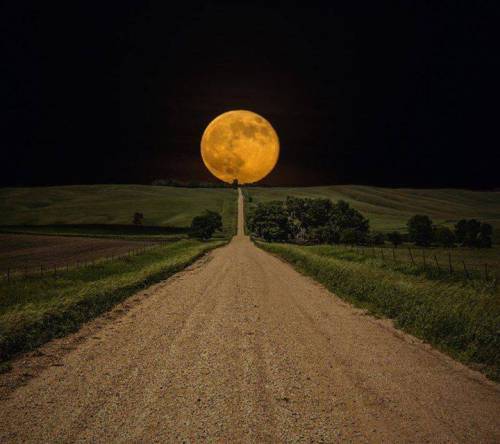
image by maine ghost hunters

November 17, 2014
Peculiar Language (from Tolkien to Riggs)
Today, I’m writing over at the Dark Jane Austen Book Club. 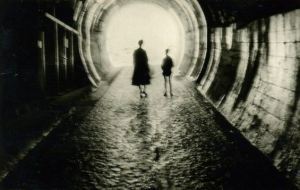
We’re discussing the peculiar language used in Hollow City by Ransom Riggs and how easily one accepts strange new words. In a world of bffs, I guess it’s no surprise.


November 14, 2014
Fanny Price as a Student of Shakespeare
Today on Sarah Emsley’s blog, John Baxter discusses Mansfield Park, Lovers’ Vows, and Shakespeare’s Henry VIII.
 Originally posted on Sarah Emsley:
Originally posted on Sarah Emsley:
Twenty-eighth in a series of posts celebrating 200 years of Jane Austen’s Mansfield Park. For more details, open Your Invitation to Mansfield Park.
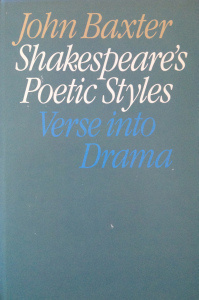 John Baxter is Professor of English at Dalhousie University, where he teaches classes on Early Modern literature, Elizabethan and Jacobean drama, rhetoric, and religion and literature. He’s the author of Shakespeare’s Poetic Styles: Verse Into Drama (Routledge) and many essays on Shakespeare, as well as on several other writers, including Ben Jonson, J.V. Cunningham, Janet Lewis, Yvor Winters, Helen Pinkerton, and George Elliott Clarke. With Gordon Harvey, he edited a collection of essays by C.Q. Drummond called In Defense of Adam: Essays on Bunyan, Milton, and Others (Brynmill Press/Edgeways Books), and with J. Patrick Atherton, he edited George Whalley’s groundbreaking translation of Aristotle’s Poetics (McGill-Queen’s University Press).
John Baxter is Professor of English at Dalhousie University, where he teaches classes on Early Modern literature, Elizabethan and Jacobean drama, rhetoric, and religion and literature. He’s the author of Shakespeare’s Poetic Styles: Verse Into Drama (Routledge) and many essays on Shakespeare, as well as on several other writers, including Ben Jonson, J.V. Cunningham, Janet Lewis, Yvor Winters, Helen Pinkerton, and George Elliott Clarke. With Gordon Harvey, he edited a collection of essays by C.Q. Drummond called In Defense of Adam: Essays on Bunyan, Milton, and Others (Brynmill Press/Edgeways Books), and with J. Patrick Atherton, he edited George Whalley’s groundbreaking translation of Aristotle’s Poetics (McGill-Queen’s University Press).
He’s also my father, and I’m absolutely delighted to introduce his guest post on Fanny Price and Shakespeare for…
View original 1,514 more words


October 31, 2014
Happy Reading and Happy Halloween
October 4, 2014
The Ghost Stories of Edith Wharton
Just as many faithful readers turn to Dicken’s A Christmas Carol in December, I turn to The Ghost Stories of Edith Wharton in October. 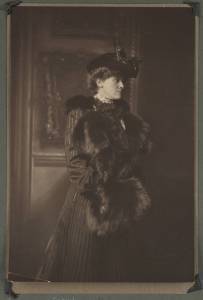
People are surprised to find that the author of The Age of Innocence, The House of Mirth and The Custom of the Country wrote ghost stories, but she did and frightfully well.
Today I read, The Triumph of Night, one of the eleven short stories within the collection. Wharton wastes no time in telling a ghost story. Right from the start, you get a strange sensation that some poor soul is going to experience a creepy or painful event.
It was clear that the sleigh from Weymore had not come; and the shivering young traveler from Boston, who had counted on jumping into it when he left the train at Northridge Junction, found himself standing alone on the open platform, exposed to the full assault of nightfall and winter.
As a reader…I’m already uncomfortable.
The train doesn’t arrive, a stranger shows up, the snow prevents the character from getting to his destination, he’s force to stay at the home of another stranger, etc. It’s the perfect set-up for a good ghost story.
All eleven stories offer varying degrees of tension with an omen or an unsettling word that sets the tone.
Thankfully, there is no gore. No horror. No terrorizing, hockey-mask wearing characters. Just pure, unadulterated fiction with some extra tension and a smattering of the paranormal.



